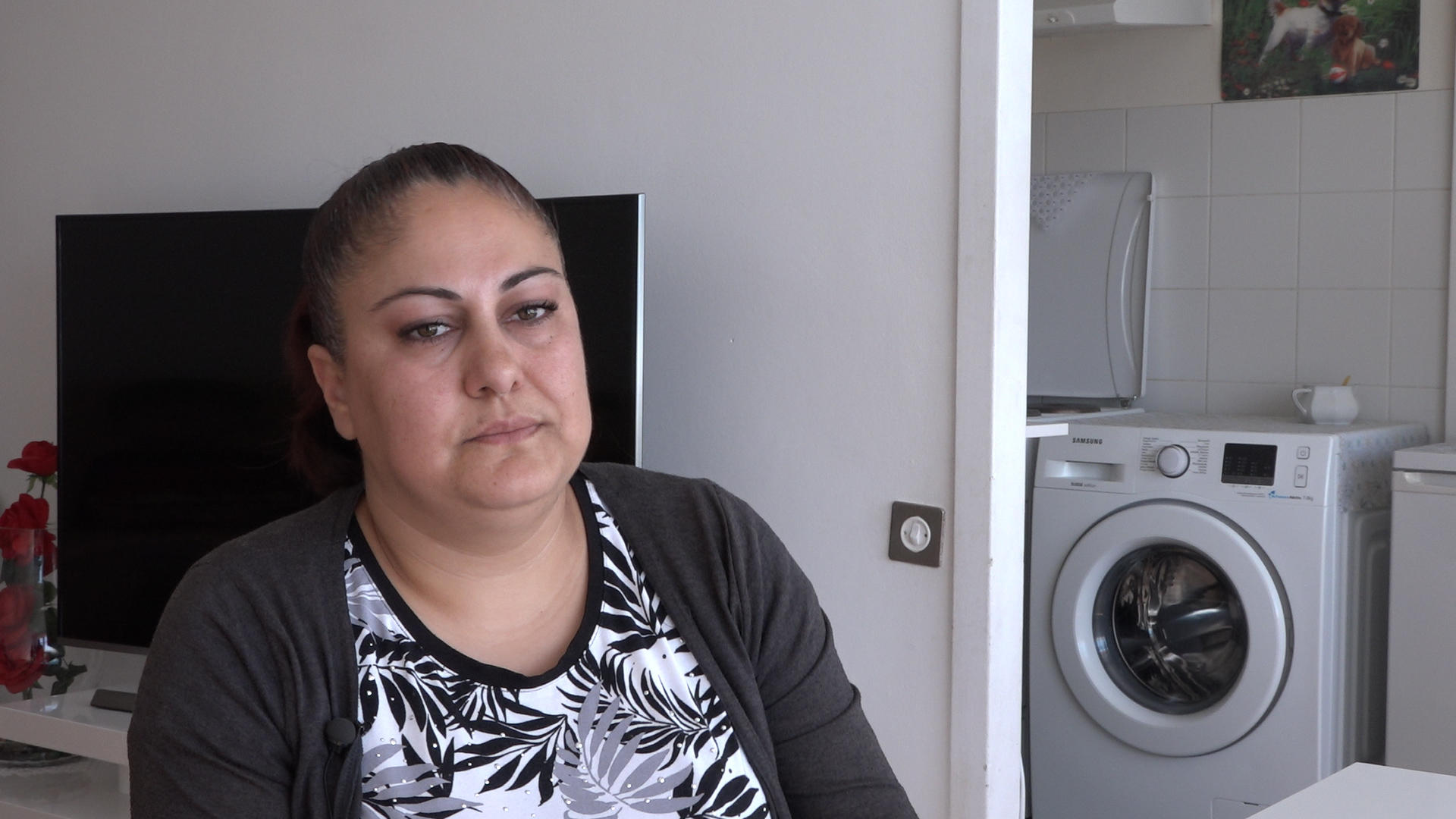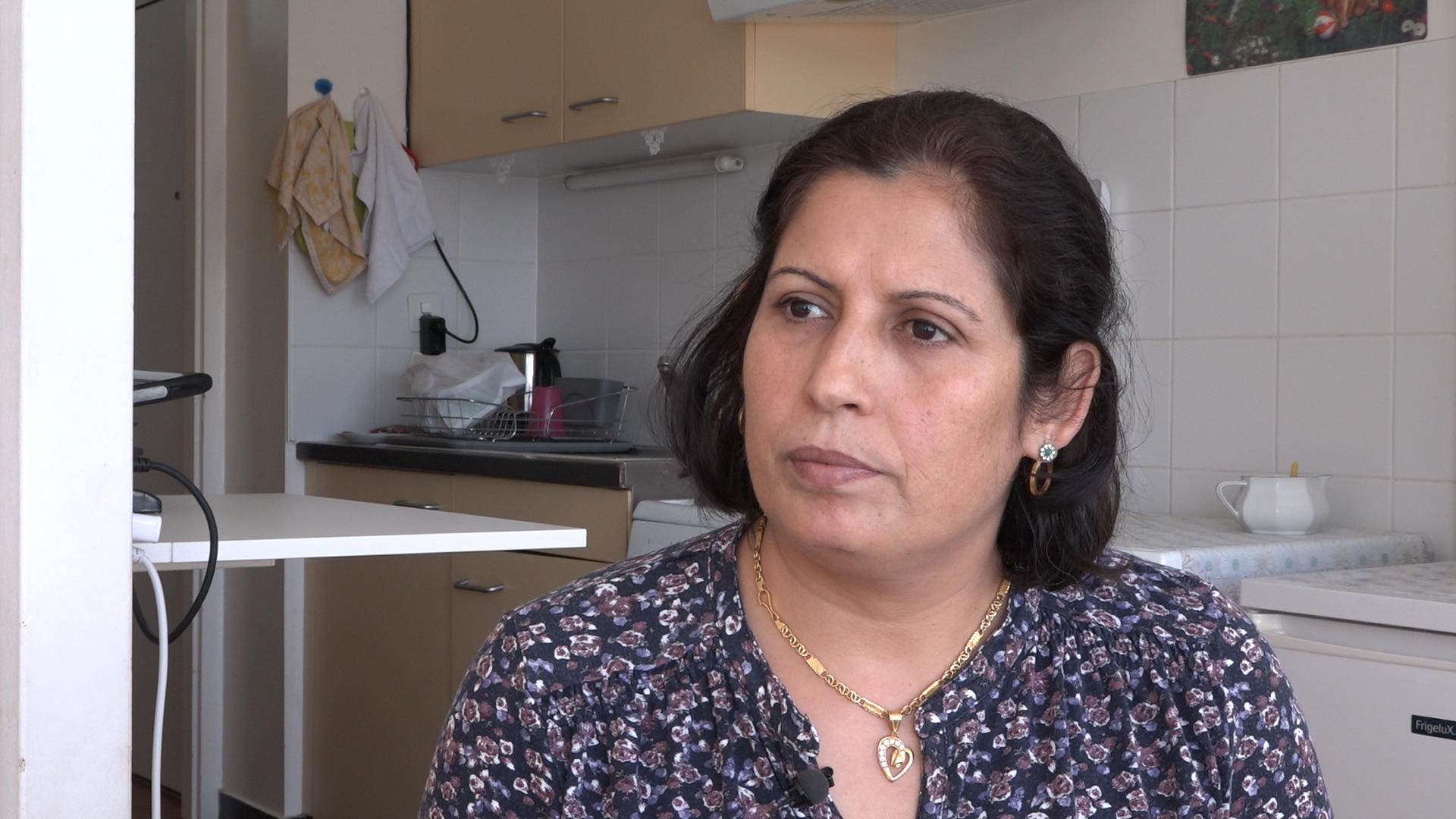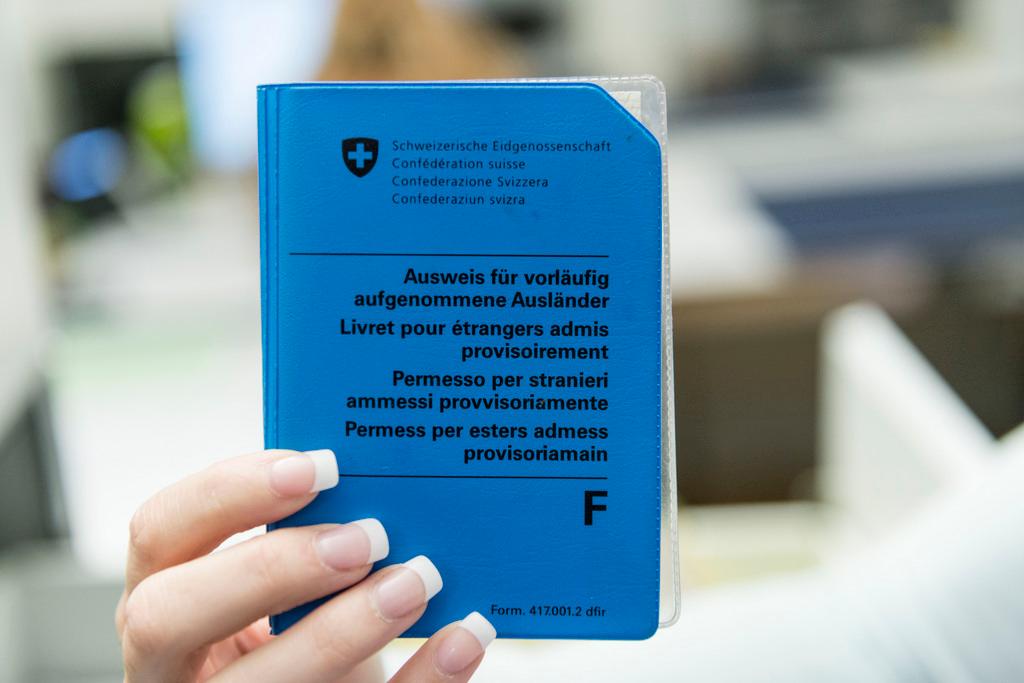A life in limbo for Switzerland’s F permit holders

“Living in Switzerland with an F permit is like living in limbo.” That’s the verdict of four asylum seekers who have been 'provisionally admitted' to the country. Their asylum requests have been turned down, but it is unsafe for them to return home.
There are 41,000 F permitExternal link holders in Switzerland but only one in three has a job. Eight out of ten are dependent on social assistance. Their ability to find work, though guaranteed by law, is often limited because their qualifications are not recognised, they have to live in a particular canton and prospective employers are wary of their provisional status. They could be asked to leave the country at any time.
Restrictions
People with this temporary status do not have the same rights as refugees. People we spoke to said they had apartments assigned to them by their cantons of residence, and that they felt safe, but they cannot independently sign a lease or a mobile phone contract. They cannot open a bank account if they have no regular income or no valid ID from their home country. Their permit has to be renewed every year. If they want to travel abroad or move to another canton, they need the permission of the authorities.
Swiss Public Television, SRF talked to Yousef Abujarad and Danial Nurzei, both of whom hold F permits, about their efforts to find jobs.

More
Finding work when you’re an F permit holder
The F-permit has become a difficult issue in politics. Right-wingers fear that helping ‘provisionally admitted’ people to integrate will send out the wrong signal and make Switzerland more attractive to ‘economic migrants’. The left argues that integration should be facilitated as they are here for the long haul.
Political hot potato
The government has proposed redefining the F permit and creating two categories: ‘protected’ and ‘provisionally protected’. The ‘protected’ permit holders would be allowed to stay and work for an unlimited period and bring their families to join them in Switzerland. The ‘provisionally protected’ permit holders would be allowed to stay and work for a limited period, but not to bring their families.
The House of Representatives, cantons, communities and aid organisations support the status change but the Senate does not and the matter has been sent back to a senate commission for further discussion.
Living on welfare
People with temporary right to remain in the country who cannot find jobs, depend on social assistance – in many cantons they get less than the amount enjoyed by Swiss, European citizens and refugees. The cantons are struggling to pay the bill for the thousands of people with F permits who need welfare assistance.
The Senate concluded on 13 February 2018 that government is not contributing enough to the cantons to cover the cost of integrating provisionally accepted people. The State Secretariat for Migration (SEM) also wants to improve the integration of migrants, according to a paper it published in mid-January.
swissinfo.ch spoke to two Kurdish women from Syria about their experience of living in Switzerland on social security benefits, with little prospect of finding work. Both live in Geneva. Sherin Khaled, her husband, daughter and son left war-torn Aleppo to seek a safer life in Europe.

More
Sherin Khaled
Huria Ibrahim fled political turmoil in Syria eight years ago. She and her family received F permits, but are contesting their status.

More
Huria Ibrahim
There has been just one recent legal change in favour of F permit holders. As of January 1, 2018, people who have found work are no longer subjected to a 10% special ‘compensatory’ tax, as long as their income is below a certain threshold. The tax was designed to recuperate the costs of their asylum procedures.
How many people have an F permit?
There are 41,990 people in Switzerland with F permits, according to figures from the State Secretariat for Migration (SEM) in January, 2018. Most are from Syria, Eritrea and Afghanistan. As of December 2017, only 31.7% of them were working. After six years of living with an F permit, only 46.5% of them have jobs.

In compliance with the JTI standards
More: SWI swissinfo.ch certified by the Journalism Trust Initiative












You can find an overview of ongoing debates with our journalists here . Please join us!
If you want to start a conversation about a topic raised in this article or want to report factual errors, email us at english@swissinfo.ch.